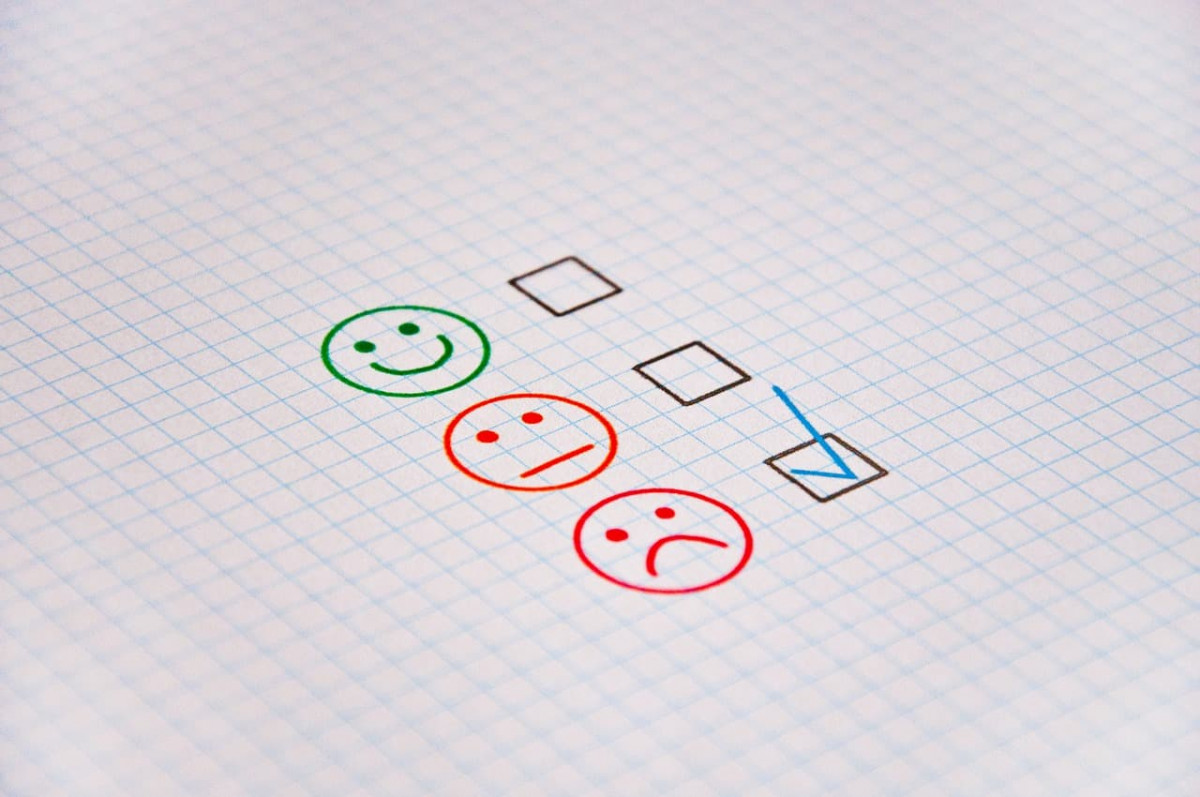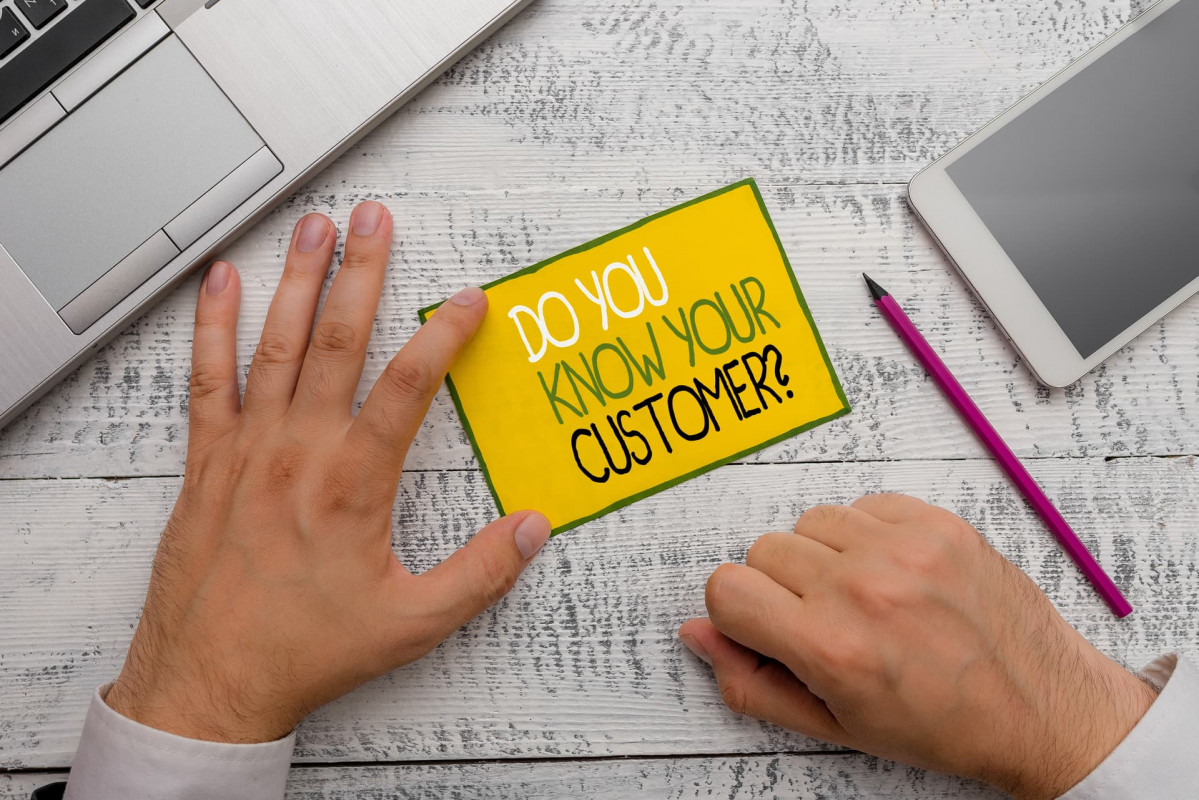When people come to your website and fill out a form, for example, to find out more information from you or for access to a resource, you can collect their name, address, phone number and email address. But what do you then do with the information you collect?
Does it just sit in a database and get forgotten? Or do you use it to give your clients a personalised marketing experience?
What are the benefits of database marketing?

It doesn't matter what the size of your business is; as long as you keep your database fresh and nurture it in the right way, it can become a massive asset to your business. You can see several benefits, including:
They're your "own contacts"
It's all well and good putting posts and sponsored posts on social media, but the audience there is passive. You might get lucky and land on the profile of someone interested in what you're selling, but this isn't always the case.
However, when you're marketing to your own contacts, these people have already reached out to you for something, so you know they're interested in you and your business.
You can speak directly to your audience members
Marketing is loud. Everywhere you go, you can see messages selling one thing or another. So how do you stand out from these generic messages?
One simple way is to use the information you have, make your messages unique to what your audience is looking for and put them in a place you know your audience is. It's pointless advertising car parts on LinkedIn when your audience is on Facebook and interested in paint and scratch remover to get their cars looking the part.
Who exactly are your customers?
Also known as identifying your buyer personas, this is the process of knowing who the average person is who buys from you. What are their interests? How exactly did they hear about you, and what did they think about the message?
You'll likely have more than one buyer persona. For example, you might have "Manic Mike" who is always in a hurry for their products, they've found you on Google where they went for the top result for what they were looking for, they don't shop around, and they always go for next day delivery because they're in a hurry. But you might also have "Cautious Carl" who always shops around, they're looking to buy in the next three months (after they've completed their research), they always read reviews and hardly ever go for the top result in Google.
From these two examples, you can see that you will have to market differently to these personas; they're looking for different things in different places. Use your database to find out who currently buys from you and how they buy from you.
Segment your buyers
Look at your database and make a note of how different people buy from you, the steps they go through, what they've purchased and what their interests are. From this, you can create different "audiences".
Use these audiences to offer your customers more of what they want, when they want it.
Create loyalty programs
You want to keep your customers coming back for more. One way to help with this is to look at using loyalty programs. Figure out how long you need to wait, then contact your customers offering them a way of purchasing from you for a second, third, or fourth time.
Just make sure you're contacting your customers at the right time and in the right place.
Is there anything I could be doing wrong?

Database marketing isn't all sunshine and rainbows; there are things that can go wrong with it.
Forgetting about data decay
People move on. They change their email address, change jobs, change phone numbers. So how do you know whether the information in your database is correct?
Not having accurate data
Everyone makes mistakes, sometimes because of an accidental mistype, but occasionally that mistype can be purposeful. Sometimes a customer doesn't want to be contacted so they give a fake email address. This is OK. It might not seem like it, but they weren't your ideal customer anyway, so it's no big loss if you're not able to keep in touch with them.
As for avoiding accidental mistypes, you can have drop-down options instead of free-text boxes and confirm the details with the person the next time you have contact with them.
Every so often, you should go through your database and make sure that all of your information is up-to-date. Purge clients who have dropped off the radar no matter how often you contact them, and link contacts who have more than one profile with you.
Not making contact at the right time
Have you ever received an email out of the blue from a company five months after you last bought from them? It's likely that you were no longer interested in them or their services by this point. Quite simply, they missed their window of opportunity to get in touch with you.
Once someone has given you their information, you should regularly connect with them to keep them interested in you and your services. However, don't contact them too often. Otherwise, you will be seen as a nuisance.
How to use database marketing
Database marketing can be used in several ways, and which one you use depends on your needs and your goals. So let's take a look at a few different ways you can incorporate it into your marketing strategy.

Provide the best customer service there is
While getting customers into your business is a good thing, an even better one is keeping ahold of them. If your customer service team can access your customer database, they can see the entire buying history of your customers and at which point they start to experience problems.
You can use this knowledge to change your processes and start minimising the problems experienced by your customers.
Know what your customers want before they do
When your customers get in touch with you, you can try to sell them something they actually need rather than a generic product that you offer.
For example, if you have just bought a web-hosting package, do you want to be sold a design and print package during your next phone call? Or would you rather be told the benefits of a new website design to go with your new hosting package?
Keeping it relevant to your customer and their needs can help you build a rapport with them in the long run.
Identify who you can upsell to
If you have been running your database for long enough, you can start to see patterns in your customers. Who purchases what and when is a good one to keep an eye on.
For example, you have a customer who always buys a leaflet drop on the last day of the month in a specific location, would they be open to a conversation about a billboard in that location so that they are always in people's minds?
And there you have it, a few simple ways that you can use your database to market to your existing customers and sell them things they may not have thought about before.





